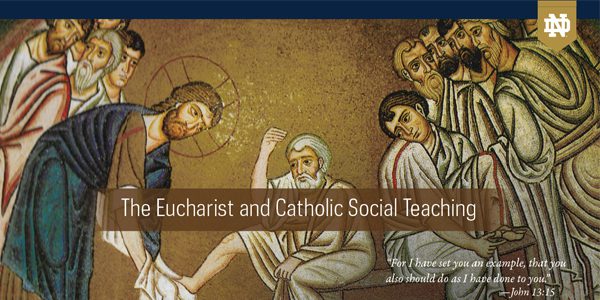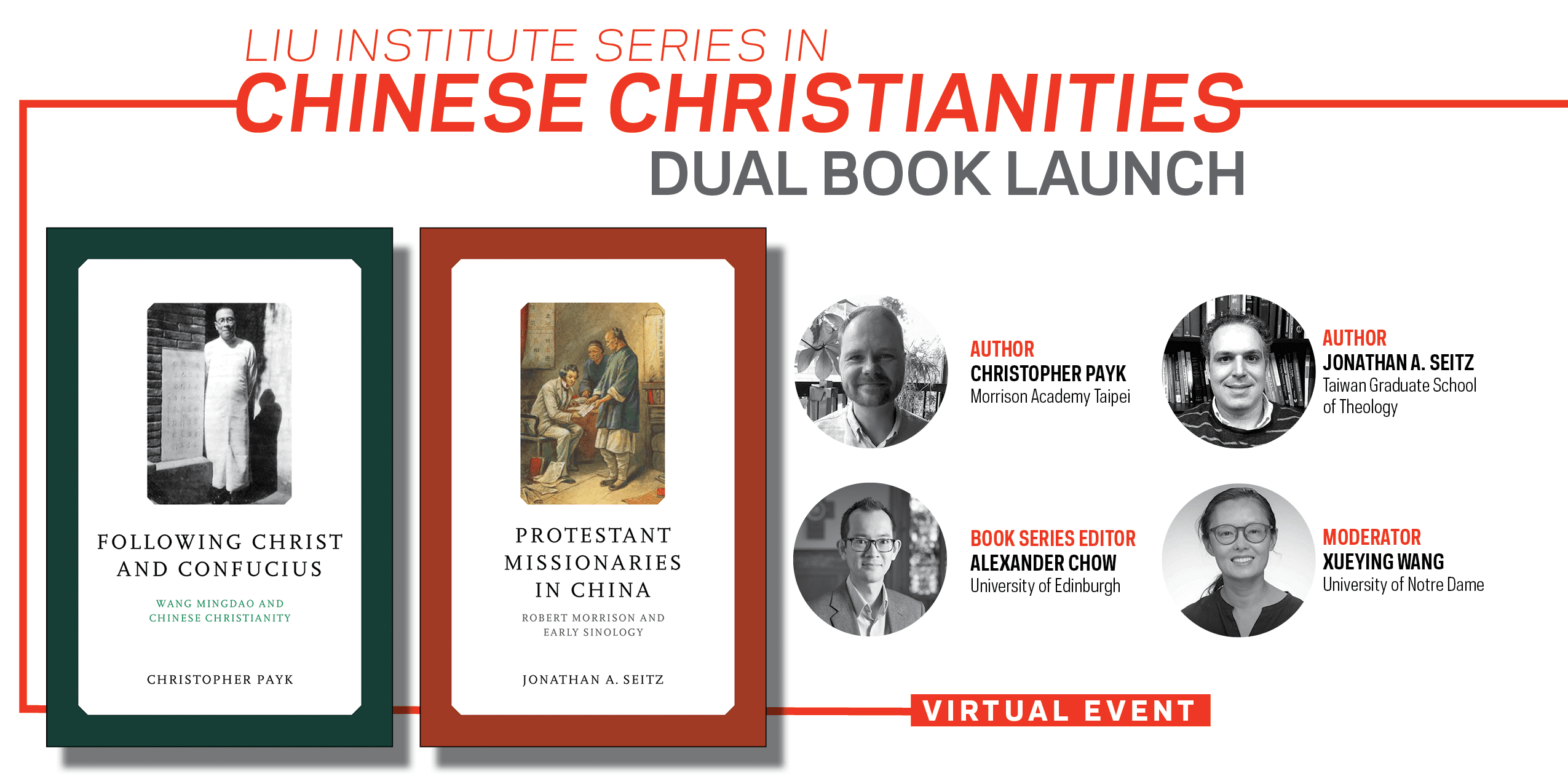The Working Life
Subscribe to the ThinkND podcast on Apple, Spotify, or Google.
Featured Speakers:
- Ryan Cook, Alumnus, University of Notre Dame; Cybersecurity Consultant, EY
- Paul Blaschko, Assistant Teaching Professor in the Philosophy Department, University of Notre Dame
The final event in the Good Life Method focused on the working life and how work fits into living a good life. The discussion was led by Ryan Cook and featured Paul Blaschko. Cook and Blaschko discussed their own experiences in the working life at different points in their careers.
Cook began the discussion by reminiscing about Blaschko’s late walk sessions in one of his philosophy classes, The Working Life. These walks were born in fall 2020 as a way for Blaschko to connect with his students by holding office hours outside rather than on Zoom. These office hours became walks around the lake and turned into casual conversations between professor and students about class assignments, deadlines, and even future career and work goals.
Blaschko’s first semester of The Working Life focused on the philosophy of work and the plan of working in life. Blaschko said he does a lot of “work,” yet not everything he does is considered work, even if he is creating something or exerting energy. To Blaschko, leisure is not considered work nor building his relationships with friends, his wife, or his kids. Blaschko says that philosophy can help us unpack what work is and what work-life balance looks like.
Cook asked Blaschko to describe how he motivates others to do good work. Blaschko said he thinks about this the same way he thinks about motivating his students to produce good work. Blaschko believes that you cannot just incentivize people with money or some other reward and expect to receive better work. Instead, people must be able to see, understand, and feel like their work is contributing to a good cause bigger than themselves to produce good work. Supervisors must communicate to subordinates that their work is meaningful and that it matters.
Cook and Blashcko’s conversation shifted to the idea of a work-life balance that so many talk about today. Blaschko said that relaxing is a way he feels like he can be more productive later and avoid burnout in his work. Genuine leisure can be a productive activity for its own sake. Blaschko believes that there is an interesting underlying question about work-life balance: Should you make what you love your work? Sometimes our leisure loses its spark when it becomes our work. There is a fine line between work and life that is different for every individual.
Cook closed the discussion with one final question about how Blaschko closes his Working Life course each semester. Blaschko said that each semester he gives his students a Saint Benedict medal. The medal reminds students to live a balanced life of work and prayer. That is what the working life is all about.
Key Takeaways
- “Work” cannot be everything we do, 11:00.
- Incentive structures for good work is not as simple as you would think, 25:00.
- Good supervisors communicate to others what they are working on and why their work matters, 29:00.
- Leisure is a productive activity for its own sake, 43:00.
Key Quotes
- “We take it for granted that work is what I do for money, it’s paid labor. When we start looking at this definition philosophically, that definition does not hold up. We do a lot of work at home.” — Paul Blaschko, 10:00
- “You need to communicate enough to people about what they are doing and why it matters.” — Paul Blaschko, 29:00
- “If you don’t know the mission or how you are contributing overall, it’s tough to take ownership of what you are doing.” — Ryan Cook, 31:23
- “Culturally, we have a massive challenge in thinking about what leisure is or what it could be, and an even bigger challenge in thinking about contemplation or a contemplative life as something that is attractive and possible.” — Paul Blaschko, 42:00.
- “Leisure is productive activity, engaged for its own sake.” — Paul Blaschko, 44:00
- “When we are engaged in leisure, we are encountering reality in a really intentional way.” — Paul Blaschko, 46:00
Related Content
Eucharistic Abundance and Social Regeneration
In 2022, the United States Conference of Catholic Bishops (USCCB) announced that the Church in this country would undertake a Eucharistic Revival, as a way to bolster Catholics’...
View EventThe Eucharist and Human Dignity
In 2022, the United States Conference of Catholic Bishops (USCCB) announced that the Church in this country would undertake a Eucharistic Revival, as a way to bolster Catholics’...
View EventLiu Institute Series in Chinese Christianities Dual Book Launch
Christianity is the fastest-growing religion in mainland China and a large, linguistically and culturally diverse Chinese diaspora, which encompasses more than a fifth of the...
View Event

